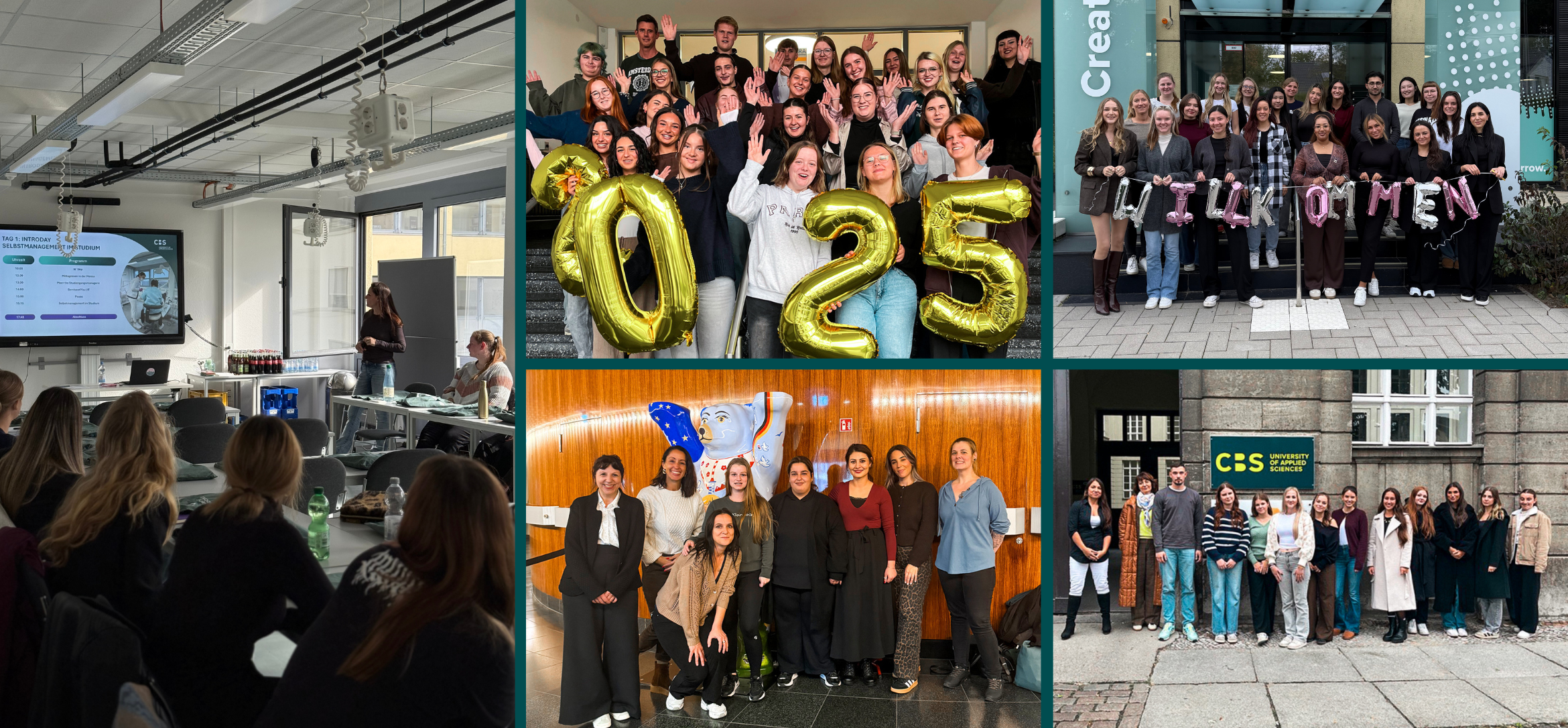
The holiday season is getting closer and closer with the Whitsun holidays starting on May, 31st 2020. Many people have spent much of the past months in their own homes and are longing for a carefree holiday. However, will we be allowed to travel to distant places at all during the next months? And how will this crisis affect the entire tourism industry in the long term? Hanno Martens, lecturer in Tourism Management, told us more about travelling during the time of the Corona pandemic, possible consequences, and trends within the industry.
CBS: The global travel warning has been extended to June 2020. Will we be able to travel abroad at all this year considering the circumstances?
Hanno Martens: For travellers, tourism companies and employees the situation is totally new, uncertain and threatening. At this point it is hard to foresee the development in the next months as there are changes and new announcements daily. But of course calls for opening up travel to save jobs and companies in the tourism industry are getting louder.
In the next few weeks, first of all national travel will slowly open up and then step by step nearby countries in Europe will again allow international arrivals from “safe” countries of origin. Certain restrictions such as the 60 % maximum occupancy in Germany and keeping empty days between bookings are likely to remain for the summer season in Europe. Right now I expect international travel to pick back up in June and especially July and August, the two main months for tourism worldwide. But this of course will only happen if the spread of the virus continues to decline or remains at a low level.
CBS: What long-term effects will the current crisis have on the tourism industry?
Hanno Martens: This is a difficult question because it depends very much on how this crisis evolves in epidemiologic but also economic terms and how it influences tourists` travel patterns. In the short-term of course less people will travel internationally, as either less people can afford to travel, or they do not feel safe to travel. This could strengthen national travel. Germany typically sees mainly outbound travel with Germans spending about 75 billion Euros abroad but foreigners only bringing about 35 billion Euros to Germany as tourists. If some of these 75 billion stay in the country this could compensate for losses on the international market.
For international destinations depending on income from German visitors this creates a huge problem. Nevertheless, also German destinations, hotels etc. will suffer massively from this crisis. I really hope people, companies and destinations can all survive well and continue their businesses successfully after the crisis.
In the long-run we will see some shifts in the places people travel to and operators people travel with. Destinations coping with the crisis very well might profit from this as do tour operators managing the crisis well. Tourists might become more careful deciding where and with whom to travel. The tourism industry has just seen a major disruption at the end of 2019 with a potential impact on trust in tour operators. However, I am positive that the industry as such can bounce back in 2021, at the latest 2022. Unless of course we all go into a big global recession.
Tourism has proven a very sensitive industry to effects such as financial crises, epidemics, political oppression, violence etc., but it is also a resilient industry, returning back to business faster than others. People in our society that do not go on holiday or not travel abroad in 2020, and possibly 2021 are likely to develop a strong desire to travel thereby increasing travel again after this crisis.
CBS: Could this cause the end of mass tourism?
Hanno Martens: If we consider mass tourism as large groups of people travelling to the same places, around the same time with similar intentions – typically sea, sun and sand in a resort – then in my opinion no. Even after the crisis this form of travelling will remain the cheapest and most attractive for many people. Nevertheless, awareness about the negative effects of tourism as well as political restrictions are strong forces pushing companies to respect social and environmental issues more.
We could see a stop in the push for ever lower prices amongst airlines and hotels, leading to higher prices for travelling in the long-run. In the short-run, however, prices might even drop as supply clearly exceeds demand and companies are fighting for clients to book with them for the summer months. However, I do not expect this for Germany in the summer as I expect a high demand but less supply due to the restrictions.
CBS: Which creative measures or initiatives dealing with the crisis can we see in the tourism industry?
Hanno Martens: First of all, what is especially important for all companies is to maintain the trust of their clients, especially for tour operators. This means to inform correctly and honestly, to reimburse payments without making it extra difficult for customers, to remain in contact in a polite and respectful way and to prepare for all health regulations diligently. Secondly, to work on plans b and c is crucial. Hotels being open to transform into health care facilities temporarily or tour operators shifting their offer to national travel can help to gain some liquidity in the next weeks and months.
Thirdly, virtual additions to travelling or virtual forms of travelling are on the rise and a chance to trigger the desire to travel and stay in contact with potential visitors. Here for example our lecturer Toni Sillanpää is developing a platform for telepresence tourism and now joining forces with Philip Eichkorn from Take Memories. Such projects are extremely interesting and expedited by this crisis. We discuss such developments extensively in our study programmes B.A. International Tourism Management and our M.A. Tourism and Sustainable Management.
CBS: Thank you very much for the interview!
Check out the undergraduate and graduate tourism degrees available at CBS in Germany.
















